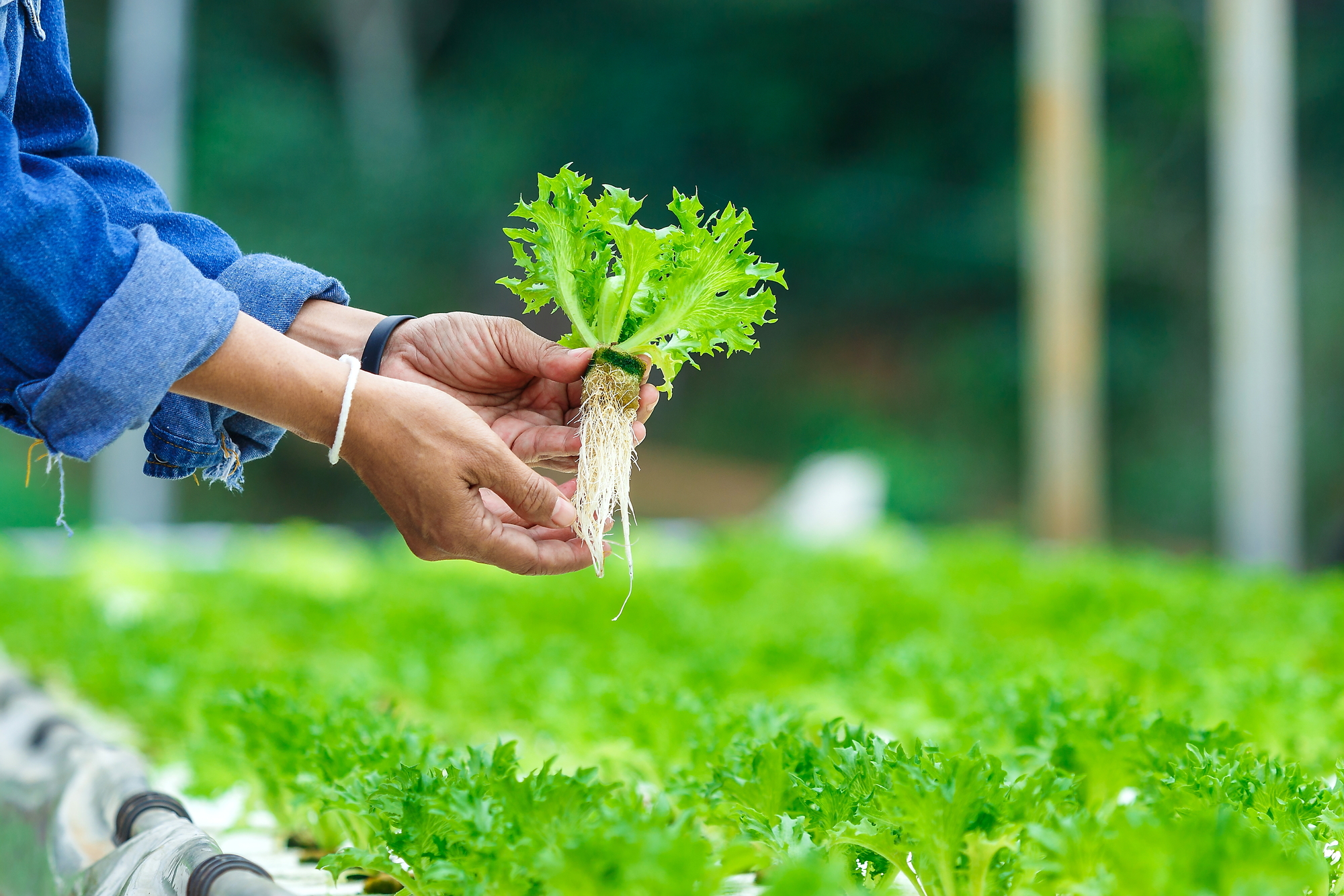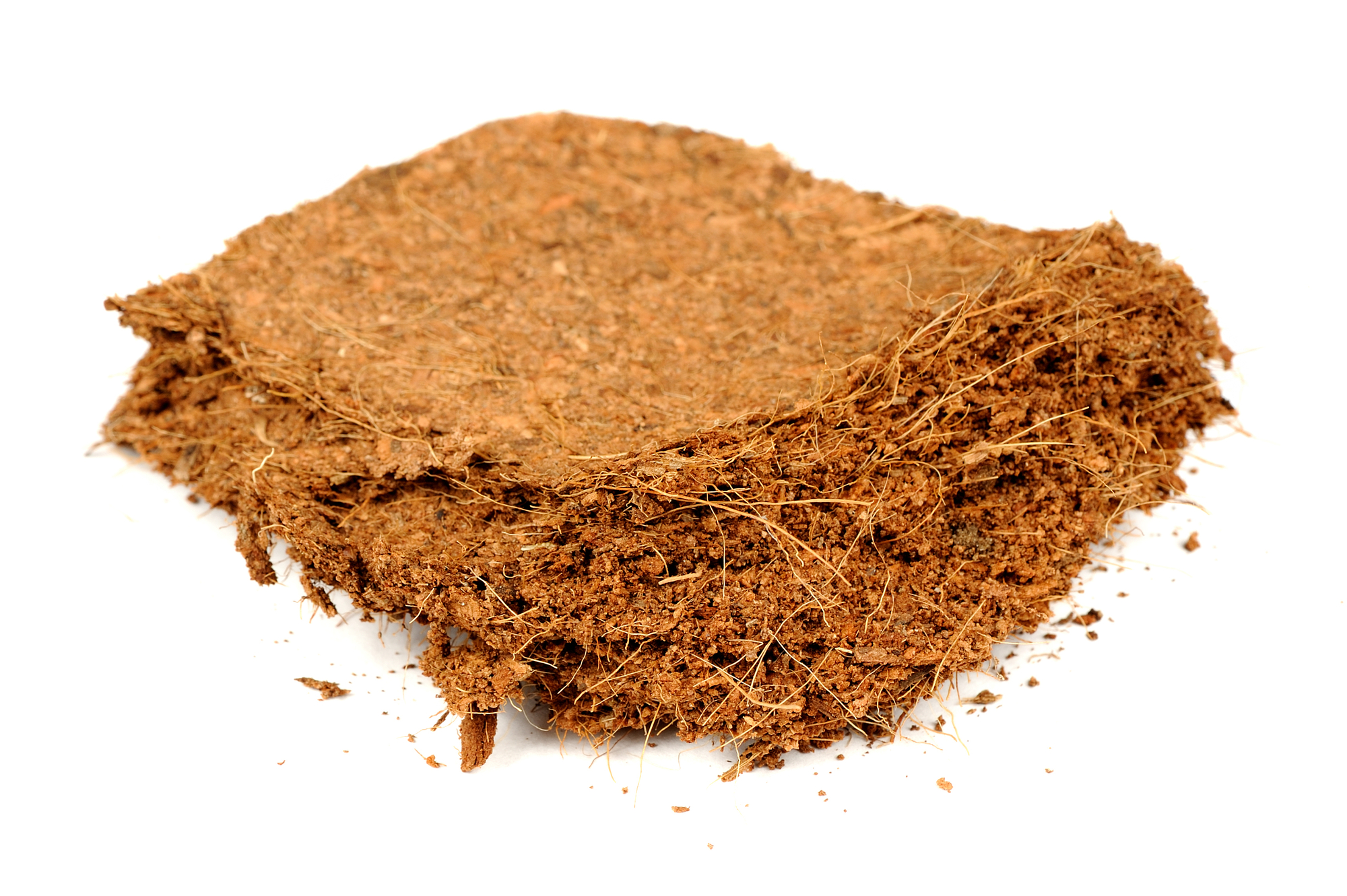Plant Growth and Management
Tips for Beginner Hydroponics Users
In the world of gardening, hydroponics has emerged as a leading edge method that ensures efficient, rapid, and fruitful plant growth. This soil-less farming method uses a nutrient-rich water solution, offering plants the ideal environment to thrive in. If you’re venturing into hydroponics, understanding the best practices in plant growth and management is crucial. Here’s an in-depth exploration of seed starting, transplanting, pruning, training, and pest and disease management in hydroponic systems.



Plant Growth
Seed Starting for Hydroponics
Starting your seeds correctly can determine the success of your hydroponic garden.
Choosing the Right Seeds:
Opt for high-quality seeds suitable for hydroponics. Some seeds are better adapted to hydroponic environments than others.
Medium Selection:
Though soil-less, hydroponics requires a medium to support the seedlings. Rockwool, coconut coir, and perlite are popular choices, each offering its unique benefits.
Germination Environment:
Ensure a humid and warm environment, typically around 70-80°F (21-27°C). Using seedling heat mats and humidity domes can be beneficial.
Watering:
Maintain a moist medium without over-saturating. Too much water can suffocate the seeds and encourage fungal diseases.
Transplanting in Hydroponics
Transplanting is a delicate process. Ensure the seedlings have grown sufficiently before transplanting to avoid transplant shock.
When to Transplant:
Transplant when your seedlings have at least two sets of true leaves and well-developed roots.
Handling:
Handle seedlings gently. Avoid touching the stem or the root system.
Acclimation:
Before introducing seedlings to the hydroponic system, let them adapt by gradually increasing their exposure to the nutrient solution.
Pruning and Training Plants
Pruning and training are essential for maximizing yield and ensuring healthy plant growth.
Pruning:
Regularly remove dead or yellowing leaves. For some plants, like tomatoes, removing side shoots or ‘suckers’ can help direct energy to the main stem and fruit.
Training:
Techniques like Low Stress Training (LST) or the Screen of Green (SCROG) can be used to control plant shape and expose more of the plant to light. This can increase yields and keep plants manageable.
Pest and Disease Management in Hydroponic Systems
Being a controlled environment doesn’t make hydroponic systems immune to pests and diseases. Here’s how to tackle them:
Regular Inspection:
Frequently check your plants for signs of pests like aphids, spider mites, or whiteflies. Look for changes in leaf color, spots, or wilted leaves, which might indicate a disease.
Beneficial Insects:
Introducing beneficial insects, like ladybugs or predatory mites, can naturally control pest populations.
Cleanliness:
Keep the hydroponic environment clean. Regularly clean and disinfect all equipment. Avoid overwatering, which can lead to fungal diseases.
Organic Pesticides:
If pests become a problem, consider organic pesticides like neem oil or insecticidal soaps. Always follow label instructions and ensure they’re safe for hydroponic use.
Air Circulation:
Ensure good air circulation with fans. This not only strengthens plant stems but also reduces the chance of mold and fungal diseases.
Quarantine New Plants:
If you introduce new plants, quarantine them first to ensure they don’t bring pests or diseases into your hydroponic environment.
Conclusion
In conclusion, effective plant growth and management in hydroponics require a bit of dedication, regular inspection, and timely interventions. By ensuring optimal conditions from seed starting to harvesting, you can reap bountiful yields from your hydroponic garden. As always, continual learning and adapting to the specific needs of your plants will ensure your success in the hydroponic realm.
Stay In Contact
Drop us a note and let us know what is on your mind regarding hydroponics.
Address
2700 Brase;ton Hwy. Suite 10-244, Dacula, Ga. 30019
Phone
(706) 247-7060
